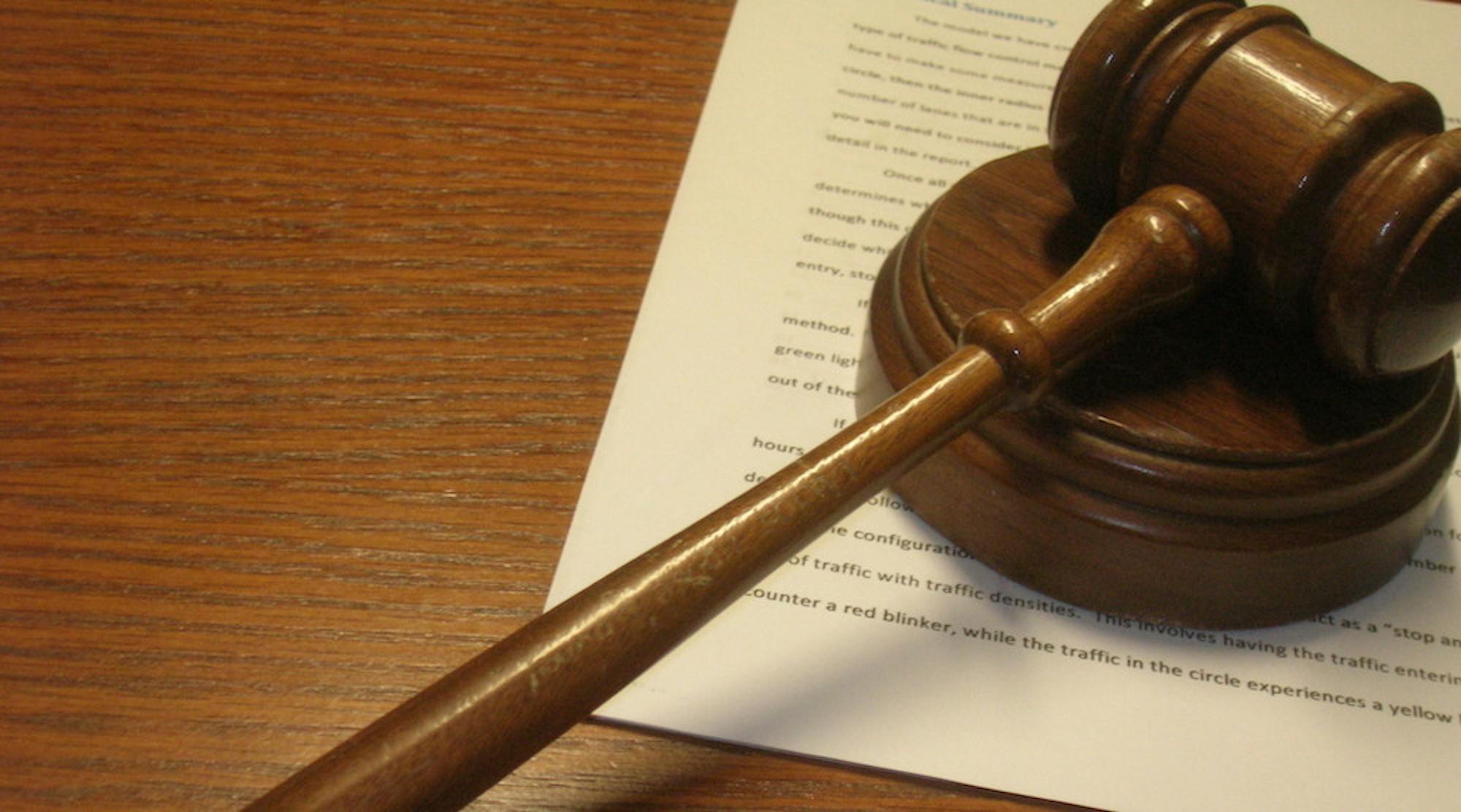
Photo courtesy of Flickr Creative Commons/ Brian Turner
• A freshman shared a computer with a friend in his lower level science class while they worked on a homework assignment. Unsure of how to answer some of the questions, the student looked at his friend's answers. While grading the assignments, the professor noted the similarity between the student's submission at that of his friend. The student received a zero on the assignment, a full letter grade deduction for the course and a two-year mark on his record.
• During an in-class writing assignment for a lower level language course, a student noticed a sophomore taking out her cell phone as she wrote the essay. Assuming the student was using an online translator, she consulted the professor after class. The accused student, who admitted that she had looked at her phone once to read an urgent text message, provided her phone records, which supported her claims. As the assignment itself showed no evidence of the use of an online translator and the professor witnessed no suspicious behavior, the HonorCouncil dismissed the accusation of seeking unauthorized assistance on the assignment.• When she went to the bathroom during an upper level science course exam, a student thought she saw someone in one of the stalls consulting notes, and waited outside until she saw one of her classmates exit the bathroom. After the test, she reported to the professor that a junior classmate had cheated. The professor searched the bathroom and only found notes in a garbage can in the hallway nearby. These notes did not match the accused student's handwriting. As the accused student argued that multiple students had used the bathroom and that she had not consulted her notes during the exam, the Honor Council dismissed the accusation of seeking unauthorized assistance on an exam.
The following reports are real cases adjudicated by the Emory College Honor Council. Any personally identifiable information has been omitted to protect the privacy of all parties involved.— Compiled by Lydia O’Neal





